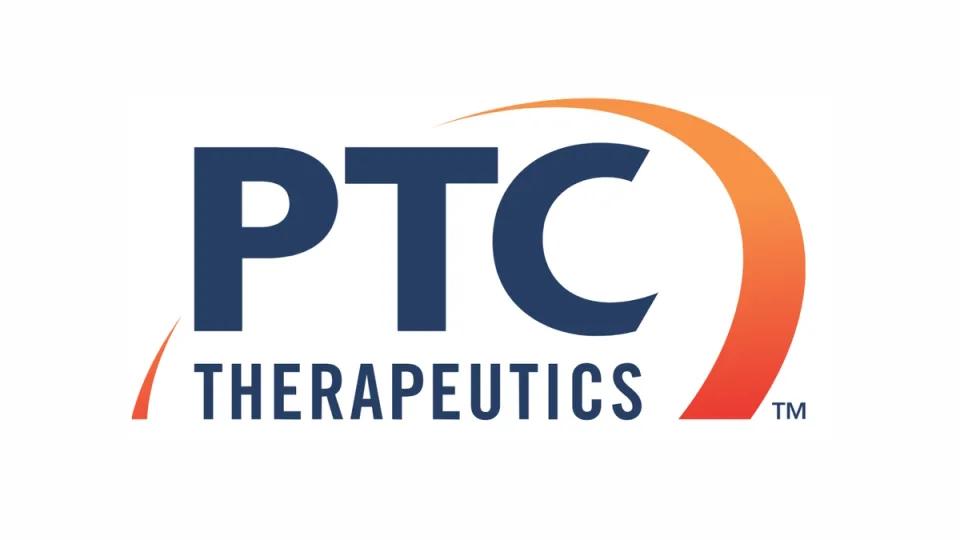PTC slides on failed Friedreich ataxia study

PTC Therapeutics has cued up no fewer than three clinical trial readouts this quarter that could lead to new regulatory filings – but the latest for vatiquinone in inherited nerve disorder Friedreich ataxia is a bust.
The phase 3 MOVE-FA study failed to meet its primary objective of improving FA symptoms compared to placebo at 72 weeks, and investors reacted to the disappointment by driving shares of the company down by nearly 25%.
The scale of that fall could, however, have been more a result of PTC’s other big announcements today, namely that it plans to scrap preclinical and early research programmes in gene therapy as part of a strategic overhaul of its business, including an FA programme, and has abruptly terminated the employment of chief financial officer Emily Hill.
MOVE-FA is using the modified Friedreich Ataxia Rating Scale (mFARS) to gauge the impact of the drug on symptoms like upper and lower limb coordination, swallowing, speech, and upright stability. There was only a 1.6-point difference between vatiquinone and placebo at the end of the study, which was not a statistically significant difference.
On the plus side, there was a significant improvement in a subgroup of patients who adhered to the drug throughout the study, as well as on secondary endpoints, including bulbar and upright stability subscales, as well as a scale measuring fatigue.
Far from abandoning the programme, PTC is sticking with it, hoping perhaps to build the case for vatiquinone when a second phase 3 study in patients with mitochondrial disease associated seizures reads out shortly.
“We are encouraged by the findings of meaningful impact on several different aspects of FA disease progression and morbidity over 72 weeks,” said chief executive Matthew Klein.
“Given the signals of clinical benefit, vatiquinone’s well-established safety profile in children, and the unmet medical need for paediatric patients with FA, we look forward to discussing a potential path to registration with regulatory authorities.”
If it does make it to market, vatiquinone would compete with Reata Pharma’s Skyclarys (omoveloxolone), which was just approved by the FDA with a $375,000 annual price tag and has been predicted to have $400 million-a-year sales potential by analysts at Jefferies. The launch has, however, been delayed by quality control issues at a manufacturing facility.
The disappointing result in FA comes just a few days after PTC reported positive findings in its APHENITY study of sepiapterin in children and adults with phenylketonuria (PKU), setting up a filing later this year. It’s also due to hear the outcome of the PIVOT-HD trial of its mid-stage Huntington’s disease PTC518 therapy shortly.
The change in strategy, meanwhile, will lead to job reductions, as-yet undisclosed, and PTC has said it will try to find other groups to take the axed gene therapy programmes forward so they can benefit patients.












